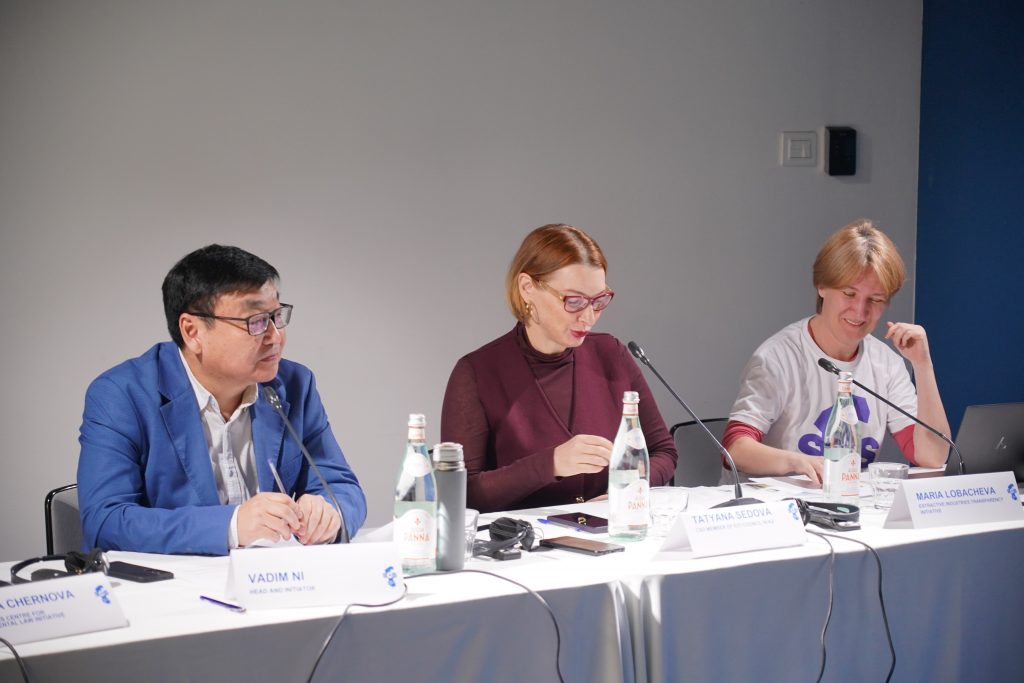
12 December 2024
ALMATY, Kazakhstan—Kazakh environmental activists, scientists, and thought leaders are calling on the international community to address the unfolding ecological crisis of the Caspian Sea with the launch of a new global movement, Save the Caspian Sea.
Once the largest enclosed inland body of water, supporting over 270 million people across Russia, Kazakhstan, Turkmenistan, Iran, and Azerbaijan, the Caspian Sea is now in peril. Water levels are dropping at an alarming rate of 70 centimeters per year, with parts of Kazakhstan already witnessing shoreline retreats of up to 18 kilometers. By the end of the century, the sea could shrink by another 18 meters, bringing catastrophic consequences to coastal communities, local economies, and ecosystems dependent on this vital resource. The crisis is already evident in the mass die-off of rare Caspian seals, with over 4,000 carcasses discovered in just the past two years, a grim indicator of the environmental disaster unfolding.
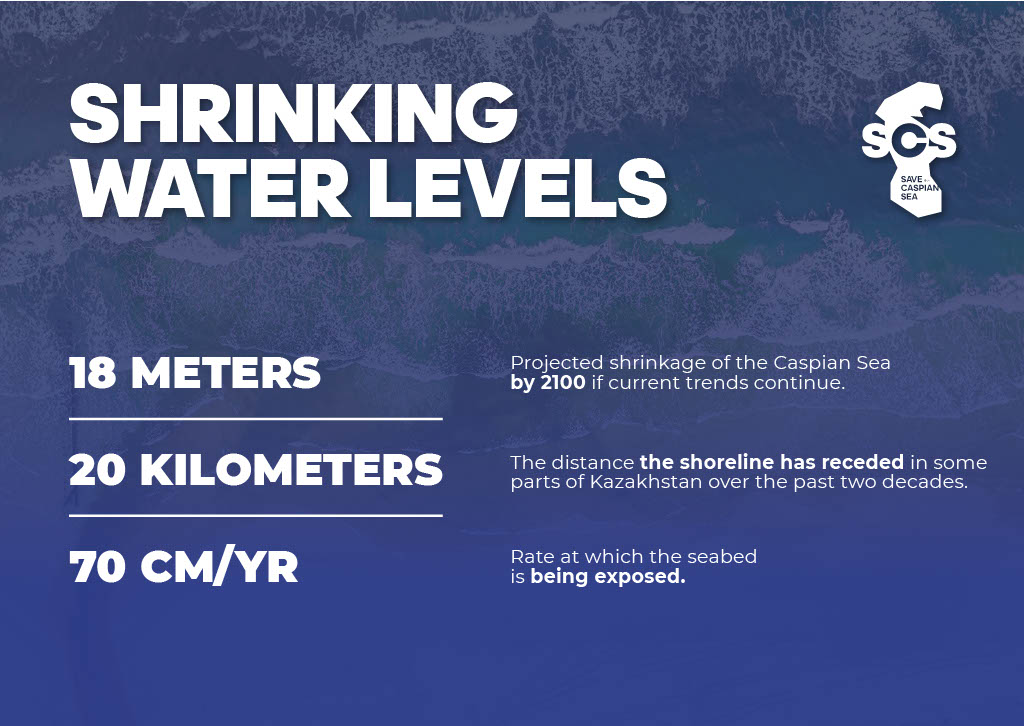
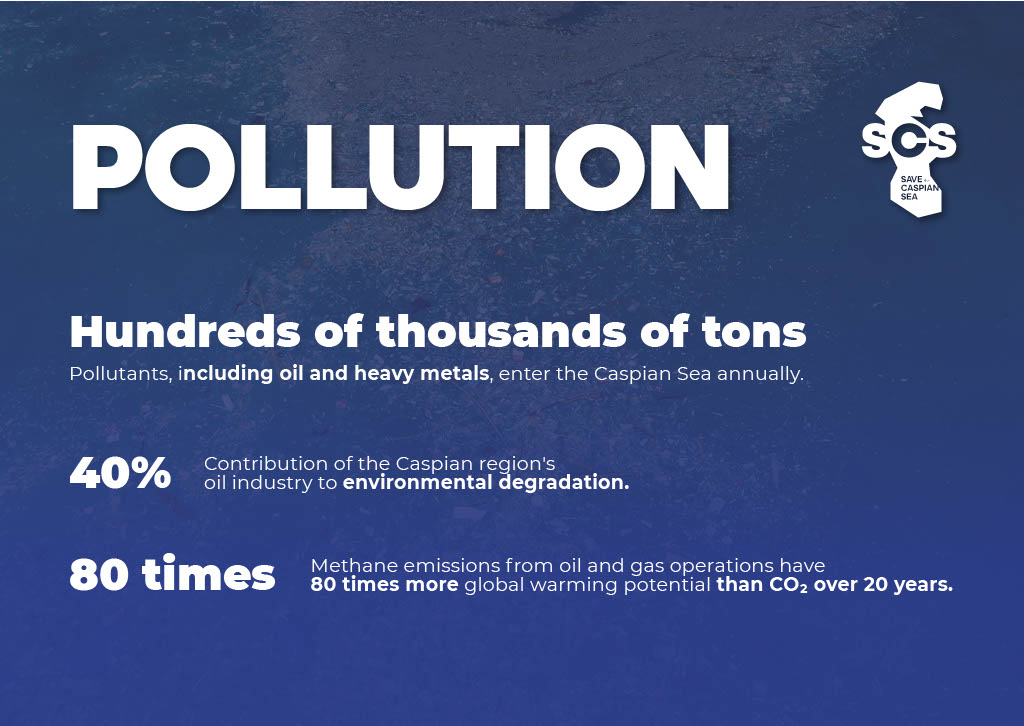
“Despite years of discussions, conferences, and isolated NGO efforts, the situation is worsening. The Caspian Sea is at a critical turning point, and the choices we make now will define its future. It’s time for all stakeholders—governments, industries, and communities—to come together in a coordinated effort to safeguard this unique and vital ecosystem,” said Vadim Ni, environmental and climate law attorney, director of the Social and Environmental Fund, and founder of Save the Caspian Sea. “We are committed to fostering collaboration, transparency, and meaningful investments to ensure the Caspian Sea remains a source of life and prosperity for generations to come.”
The movement draws strength from its global network of partners and supporters. Among them are Kate Watters of Crude Accountability, Galina Chernova of NGO Globus Centre for Environmental Law Initiative, and Tatyana Sedova from the Extractive Industries Transparency Initiative (EITI). These partners bring expertise in corporate accountability, biodiversity conservation, and transparent governance to the campaign. “We are leveraging global expertise and resources to address this crisis and demand justice, transparency, and preservation for one of the world’s most significant ecosystems,” said Kate Watters, Executive Director of Crude Accountability.
Speaking at the movement’s launch event, Galina Chernova, a leading environmental expert and a key advocate for the campaign, emphasized the urgency of global action. “The Caspian Sea is not just a regional issue; it is a global crisis. What happens here affects ecosystems, economies, and people far beyond its shores. We are at a crossroads. This campaign is not just about saving water or wildlife—it’s about protecting livelihoods, cultural heritage, and the natural balance of our planet. Together, we can turn the tide.”
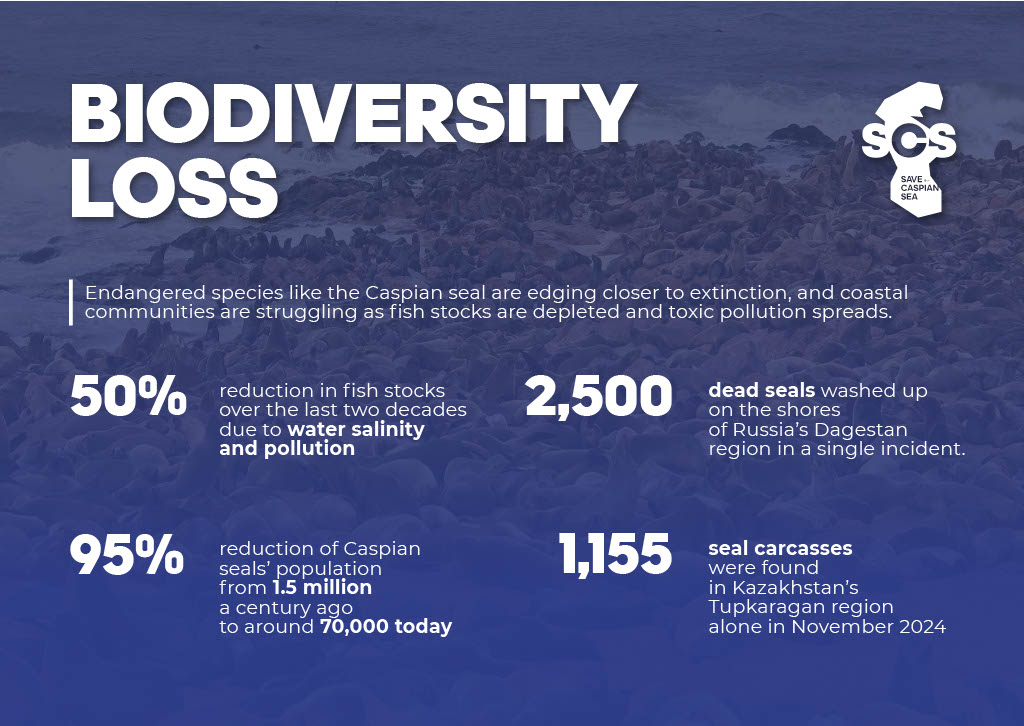
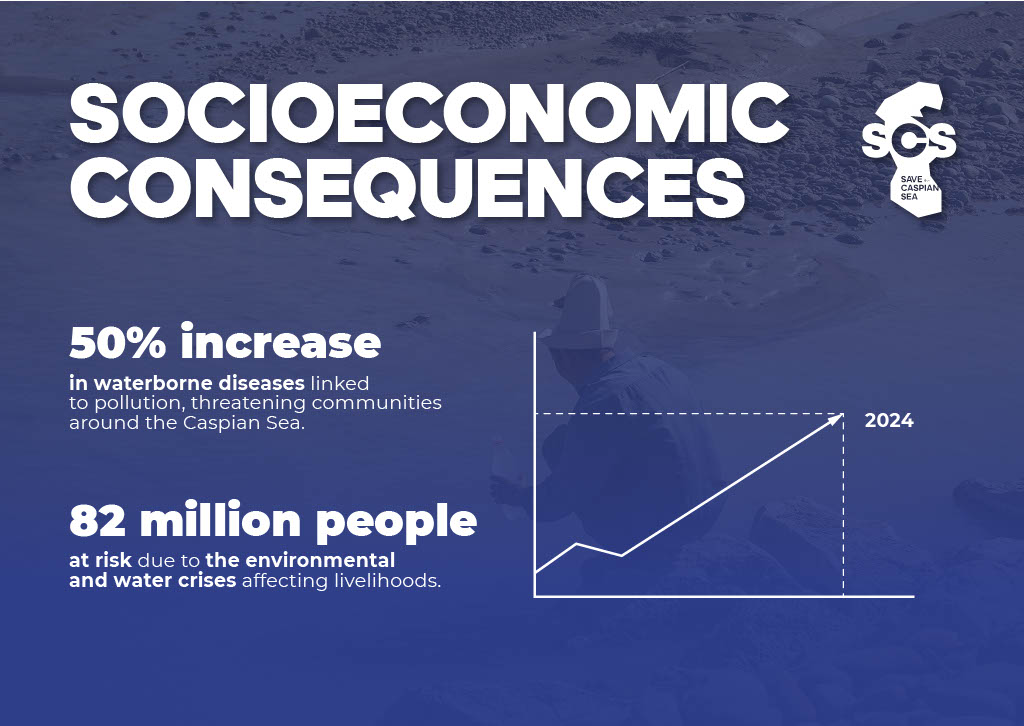
As part of its action plan, Save the Caspian Sea will focus on coordinating and promoting conservation research to inform sustainable policies and practices. The movement will also prioritize fundraising for restoration initiatives aimed at mitigating biodiversity loss and reversing environmental degradation. Additionally, it will organize international events and awareness campaigns to engage stakeholders and amplify the urgency of protecting the Caspian Sea. Finally, it seeks to develop partnerships with governments, NGOs, and corporations to foster collaborative solutions.
Save the Caspian Sea aims to engage millions worldwide through a global awareness campaign, amplified by the hashtag #SaveTheCaspian across social and traditional media platforms. By galvanizing public support, the movement seeks to pressure decision-makers into prioritizing urgent preservation efforts for this critical ecosystem.
For more information about the movement, how to get involved, or to arrange interviews with key campaign figures, please visit www.savethecaspiansea.com or contact info@savethecaspiansea.com.
About Save the Caspian Sea (SCS)
The Save the Caspian Sea (SCS) is an international movement dedicated to addressing the
environmental challenges facing the Caspian Sea. Through advocacy, education, and
collaboration, the campaign aims to preserve the sea’s unique ecosystem and ensure a
sustainable future for the millions of people who depend on it.
Journalists and media outlets are encouraged to continue amplifying the campaign’s message. For interviews with campaign leaders or to access event materials, please contact Vadim and the team at: info@savethecaspiansea.com
Our Goals
Corporate Accountability: Demand transparency and sustainable practices from industries
operating in the Caspian region.
Global Mobilization: Engage international stakeholders and the public through awareness
campaigns and partnerships.
Restoration Efforts: Promote investments in biodiversity conservation and ecosystem restoration.
Crisis Highlights
- Rapid water level decline: Since 1996, the Caspian Sea’s water levels have been falling, with projections indicating a drop of up to 18 meters by 2100. The seabed is being exposed by 70 cm a year.
- Shoreline retreat: In Kazakhstan, the shoreline has receded up to 50 kilometers in certain areas, significantly impacting local communities and industries.
- Marine species threat: The Caspian seal population has plummeted from over a million to approximately 70,000.
- November 2024: Approximately 2,000 dead seals were discovered along Kazakhstan’s Caspian Sea coastline between October 24 and November 18. The Zhaiyk-Caspian Interregional Basin Fisheries Inspectorate reported that the carcasses were in advanced stages of decomposition, complicating the collection of pathological samples. Preliminary theories suggest natural phenomena, such as underwater earthquakes and gas emissions, as potential causes. Definitive conclusions are pending laboratory analyses, expected to take several months.
- December 2022: Over 2,500 dead Caspian seals were found on the shores of Russia’s Dagestan region. Local authorities indicated that the seals likely died of natural causes, however, environmentalists raised concerns about potential links to industrial pollution and poaching.
- November 2022: More than 170 seal carcasses were found along the Kazakh coast, with an additional 2,500 discovered in Russian territory a month later. Kazakh officials attributed these deaths to viral infections, suggesting that pollution had compromised the animals’ immune systems. Russian health authorities pointed to natural factors, including possible poisoning by gases released from the seabed.
- The Caspian Sea’s sturgeon populations, including beluga, Russian, and stellate sturgeon, have declined by over 90% due to overfishing and habitat destruction.
- Economic Disruptions: Declining water levels have adversely affected fisheries, agriculture, and port operations, leading to significant economic challenges for the region.
- Industrial Pollution: The Caspian Sea is heavily burdened by pollutants from oil extraction and refining, offshore oil fields, radioactive waste, and untreated sewage and industrial discharge, primarily introduced via the Volga River. Extensive fossil fuel extraction and transportation activities in the Caspian region pose significant environmental risks, including ecological damage to marine habitats and a decline in bird species.
